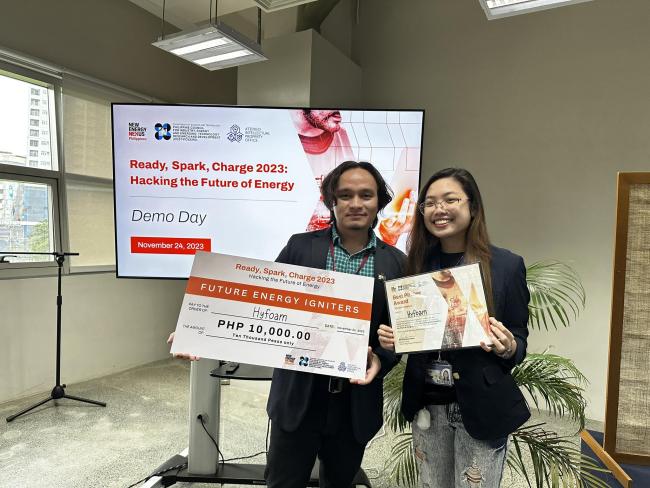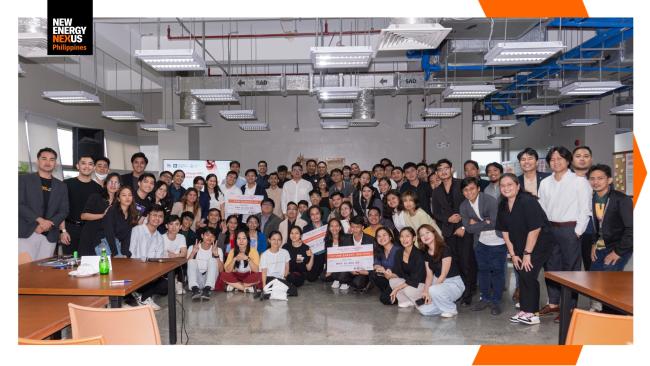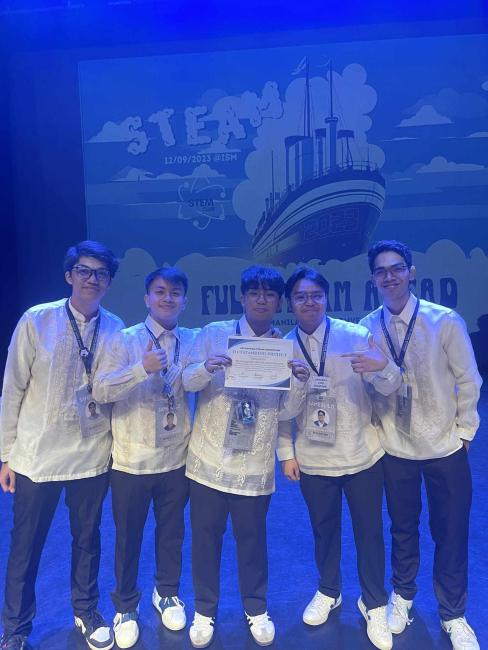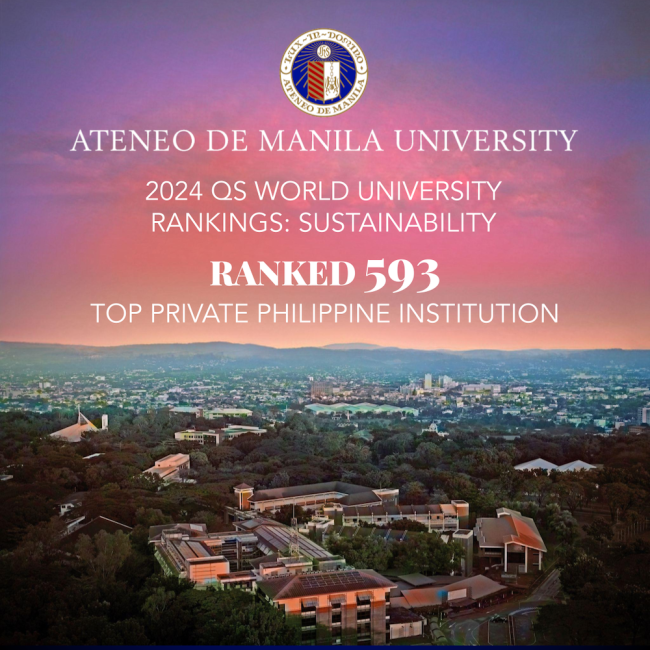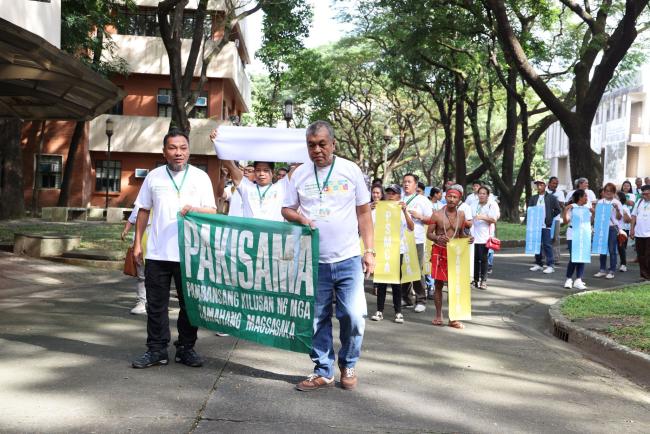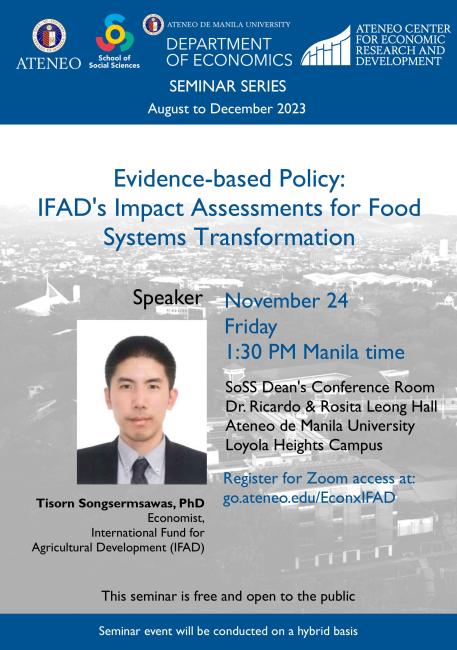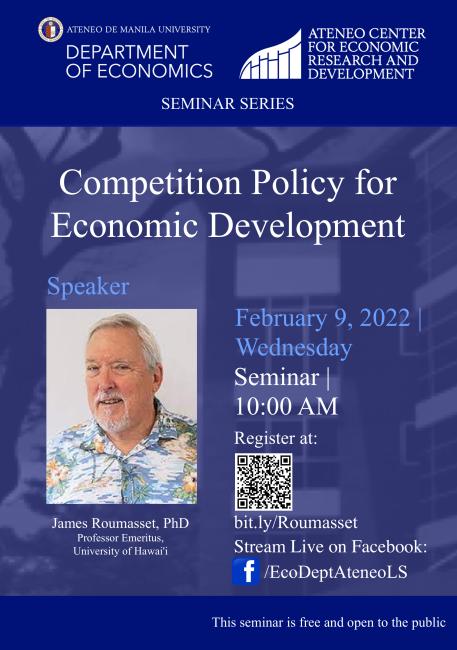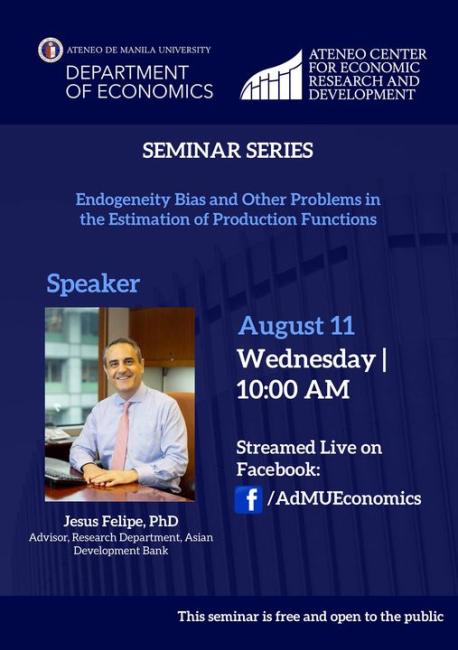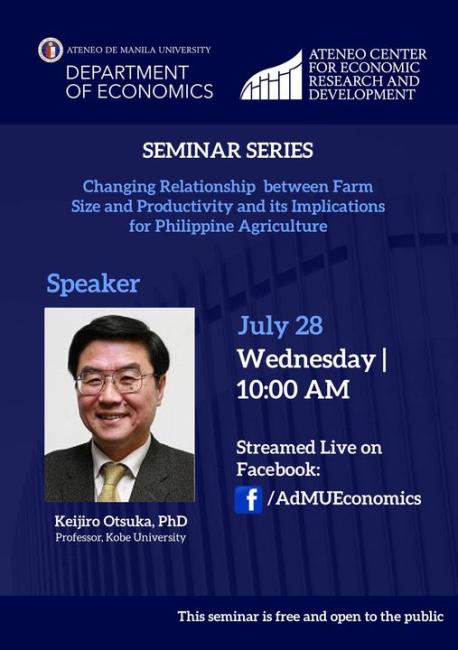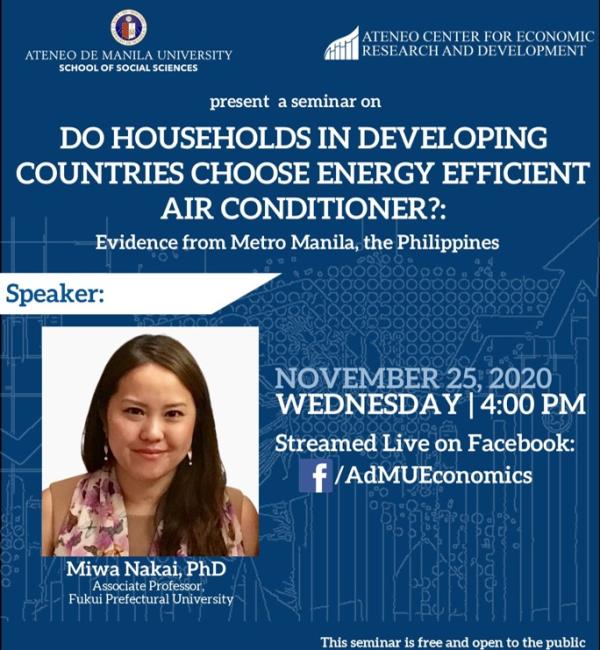Ateneo and the UN Sustainable Development Goals
The University has established practices that involve waste segregation, composting, and recycling efforts, which are aimed at reducing waste. The Food Quality Assurance program makes certain that the campus community has access to wholesome, reasonably priced meals. Additionally, the university is currently working on implementing sustainable purchasing practices to further its sustainability efforts.
Challenges and Achievements in Responsible Consumption and Production
The findings related to Sustainable Development Goal 12 (SDG 12) indicate significant progress in operational measures to promote responsible consumption and production practices, reflecting a commitment to enhancing operational procedures and integrating sustainability into production and consumption systems. Evidence from various policies such as ethical sourcing, waste disposal, plastic minimization, and disposable item policies in 2023 demonstrates the university's dedication to sustainable approaches. However, concerning the proportion of recycled waste, there are challenges in achieving significant improvements, highlighting the need for more effective waste management and recycling practices to promote responsible consumption and production. Regarding sustainable report publication, while there was consistency in previous years, a significant decline in 2023 suggests a lack of sustainable report publication.
News and Features
Team Hyfoam wins at New Energy Nexus – Philippines hackathon
Three students from Ateneo de Manila's Department of Electronics, Computer, and Communications Engineering (ECCE), Joshua Manuel Louise Kempis and Iris Nicole Carson, both fifth-year computer...
Ateneo celebrates Philippine Startup Week 2023
In celebration of the Philippine Startup Week (PHSW) 2023, the Ateneo Intellectual Property Office (AIPO) together with valued partners, held a series of onsite community...
ASHS research project ‘Sambalilo’ wins STEAM convention’s Most Outstanding Project award
Sambalilo- a research project by Ateneo de Manila Senior High School students Mig Ferrer (11-Perez), Jay Mendoza (11-Angelis), Louver Pastrana (11-Perez), EJ Porta (11-Gavan), and...
Ateneo enters QS Sustainability Rankings at #593 globally
Ateneo de Manila University has entered the QS Sustainability Rankings, a rankings table evaluating higher education institutions worldwide on real-world impact. In the 2024 edition...
Ateneo de Manila Hosts PAKISAMA’s 11th National Congress
Ateneo de Manila University hosted the 11th PAKISAMA National Congress from 18 to 23 November 2023 at the Faura Hall AVR. PAKISAMA (Pambansang Kilusan ng mga Samahang Magsasaka) is a national confederation of farmers organizations.
Evidence-based Policy: IFAD’s Impact Assessments for Food Systems Transformation
Tisorn Songsermsawas, an Economist at the International Fund for Agricultural Development (IFAD), presents IFAD's unique commitment to systematic impact assessments, crucial for measuring development progress and informing future targets. IFAD conducts impact assessments on 15% of its project portfolio every three years, using the findings to guide decision-making, project design, and target setting. Songsermsawas outlines IFAD's methodology and shares the results of IFAD11 impact assessments, summarizing the corporate-level impacts of projects concluded between 2019 and 2021.
Pagination
Events
Workshop / Seminar / Short Course
Competition Policy for Economic Development
Wed, 09 Feb 2022
Online
Workshop / Seminar / Short Course
Endogeneity Bias and Other Problems in the Estimation of Production Functions
Wed, 11 Aug 2021
Online
Workshop / Seminar / Short Course
Changing Relationship between Farm Size and Productivity and its Implications for Philippine Agriculture
Wed, 28 Jul 2021
Online
Workshop / Seminar / Short Course
Do Households in Developing Countries Choose Energy Efficient Air Conditioner?
Wed, 25 Nov 2020
Online
